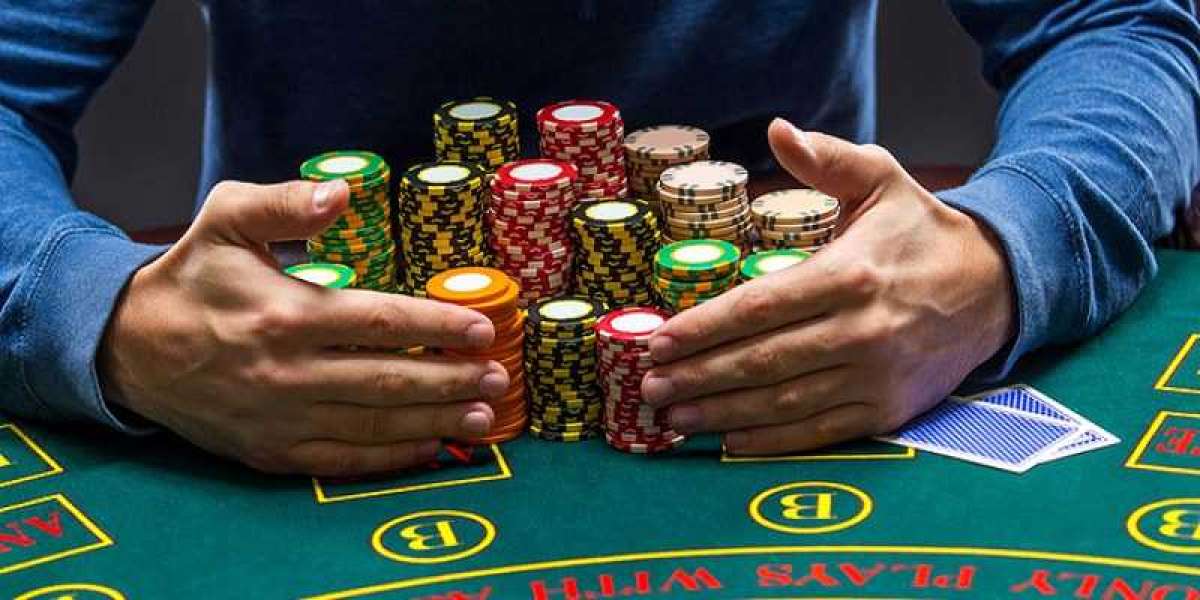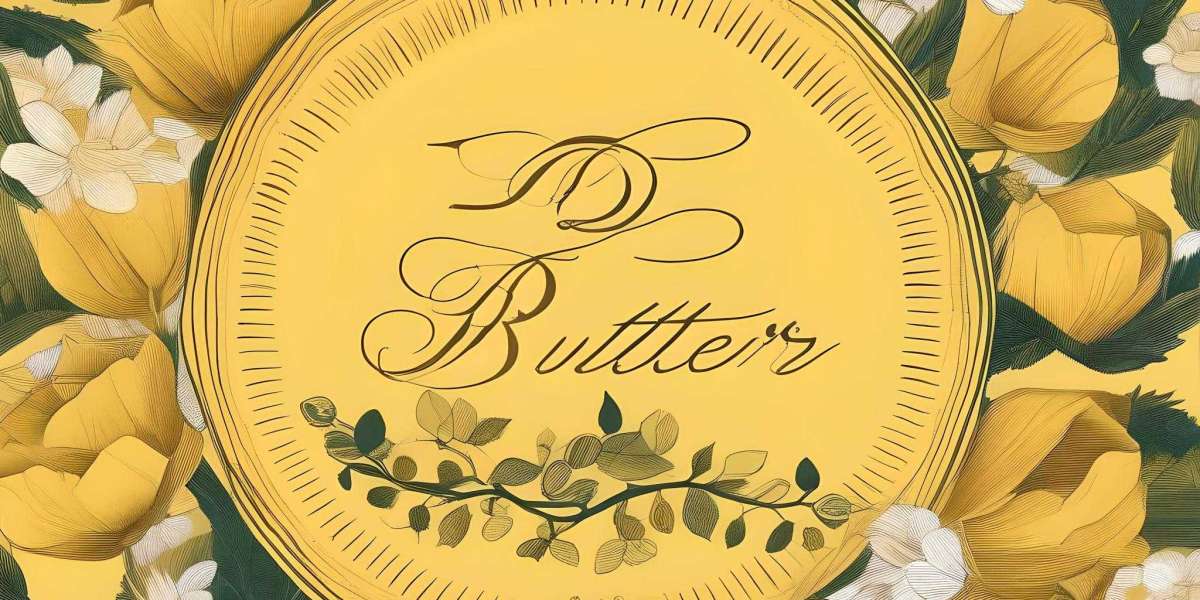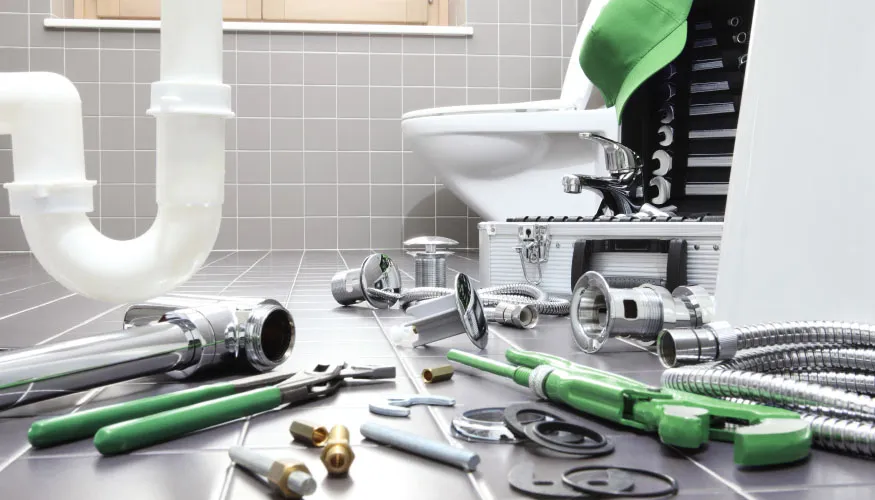Poker is one of the most popular card games played around the world. Whether you play poker with friends at home or enjoy visiting your local casino, understanding how the cards are dealt is essential to enjoying and excelling at the game. This comprehensive guide will explain the standard card dealing procedures used in most poker games so you have all the knowledge you need to feel confident at the table.
Standard poker dealing procedures:
There are a few standard procedures most poker games follow when it comes to dealing the cards:
Cards are normally dealt clockwise around the table, with the dealer button indicating who is first to act after the flop, turn, and river.
The small blind bets first, followed by the big blind. These forced bets occur before any cards are dealt to "seed" the pot.
Then the dealer "burns" or removes the top card of the deck and places it in the discard pile without exposing it. This is done for security reasons.
Starting from the small blind, each player is then dealt one face-down hole card, also known as the pocket card. These are the only cards players can see at first.
Once all players have two hole cards, there is normally a betting round where active players can call, raise, fold, or check if no bets were made before them.
After the pre-flop betting is complete, the dealer will burn another card and then turn over the first three community cards, called the flop.
Another betting round follows the flop where players can act based on their hole cards and the cards on the board.
The turn and river cards are dealt individually after burning and betting, to complete the 5 community cards.
This covers the standard procedures for dealing with most poker variants. Additional rules may apply for specific games.
Forms of poker and their dealing differences:
While the core dealing process is the same, some poker variants have minor differences:
Texas Hold'em - Most common. Uses 2 hole cards + 5 community cards. No differences from the standard process.
Omaha - Uses 4-hole cards. Players must use exactly 2 of their hole cards with 3 community cards.
Seven Card Stud - Hole cards are dealt incrementally with betting after each. Best 5-card hand wins using any combination of hole + board cards.
Razz - The lowest 5-card hand wins using any combination of cards. Ace plays as the lowest card in Razz games.
Understanding the distinctive rules of each poker game is important for playing strategically. Sticking to proper dealing order and procedures benefits all players.
FAQs about poker card dealing:
Q. Why do dealers burn cards?
A. Burning cards protects the integrity of the game by ensuring no one can see the value of discarded cards face up in the discard pile. It prevents potential card marking or cheating.
Q. Can players request cards be reshuffled?
A. Generally, players cannot demand reshuffling between hands. But dealers typically shuffle more frequently if a large number of high cards were just dealt out, to better randomize the deck.
Q. How many decks are used?
A. Most casinos use between one and eight decks shuffled together in large poker games. One or two decks are common in home games. Using more decks improves randomness.
Q. Can a player refuse to accept dealt cards?
A. Yes, in some circumstances a player may fold their hand without looking at the cards if they strongly dislike their initial card position or think the flop is unfavorable. But this often indicates a weak or timid player.
Conclusion
Understanding poker card dealing procedures and customs is a great way for new or casual players to gain experience and make informed decisions. Using this guide, you'll know the standard process
Now that you understand how cards are properly dealt in poker, you can start playing at Wolf777 - India's favorite online casino platform. Wolf777 offers a wide variety of poker games including Texas Hold'em, Omaha, and more, along with the chance to win huge prizes. Sign up today using promo code WOLF500 to receive Rs. 500 in bonus cash. Happy gaming!








